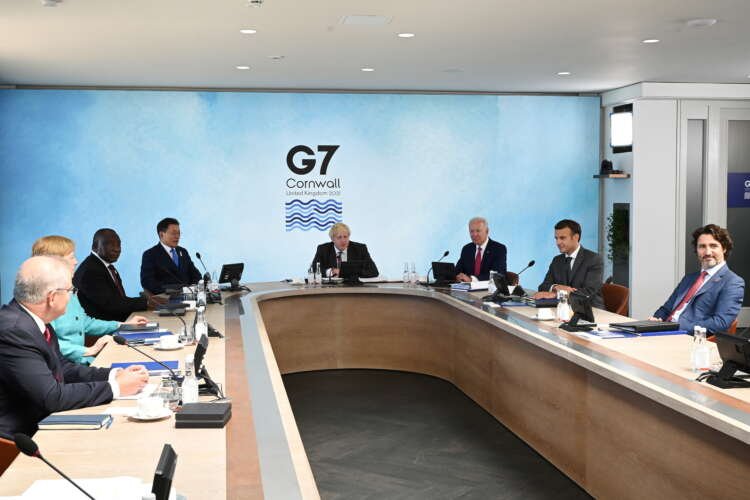Top Stories
More needed: G7 nations agree to boost climate finance
Published by linker 5
Posted on June 13, 2021
1 min readLast updated: January 21, 2026

Published by linker 5
Posted on June 13, 2021
1 min readLast updated: January 21, 2026

Explore more articles in the Top Stories category











